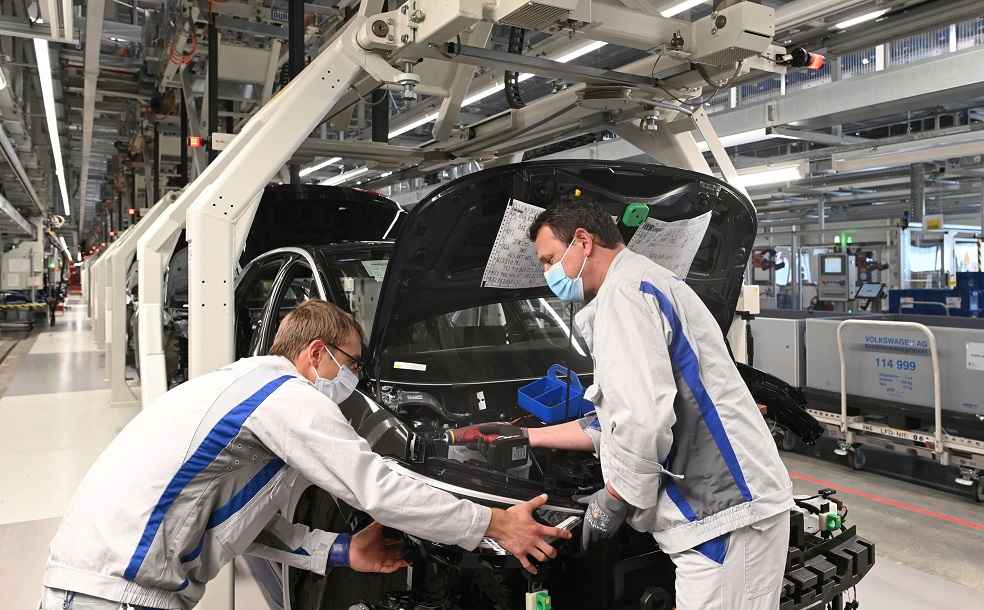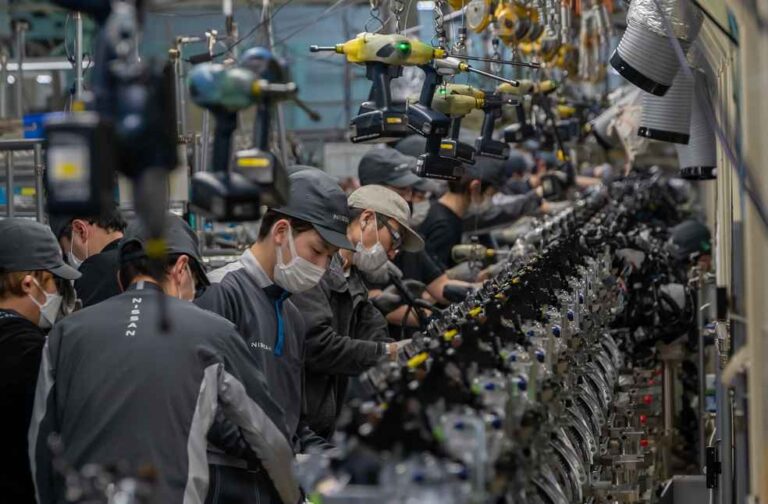Nissan has unveiled a major restructuring plan, including the elimination of 9,000 jobs and a 20% reduction in global manufacturing capacity. The decision comes as the automaker faces sustained economic pressures, particularly declining sales in key markets such as China and the United States.
Revealed on November 7, 2024, Nissan’s restructuring aims to cut costs by $2.6 billion in the current fiscal year. The company is seeking to address weak financial performance and stabilize operations. While speculation arose linking the job cuts to potential tariffs from the incoming Trump administration, Nissan officials firmly dismissed such claims.
Kyle Bazemore, a Nissan spokesperson, clarified that the layoffs are part of an internal strategic move rather than a reaction to external political factors. “The announcement last week of a potential global headcount reduction had nothing to do with any proposed actions by the incoming administration,” he stated, reinforcing that the restructuring stems from operational needs rather than policy changes.

Online discussions about the layoffs gained traction on social media, with some claiming the cuts were a preemptive measure against expected tariffs. However, fact-checkers debunked these assertions, confirming that Nissan’s decision was driven by economic restructuring rather than external influences.
In a press release, Nissan outlined its financial objectives: “Nissan aims to reduce fixed costs by 300 billion yen (compared to FY2024) and variable costs by 100 billion yen (compared to FY2024).” The strategy underscores the company’s commitment to financial discipline while maintaining investment in critical areas such as research and development.
The job reductions align with broader corporate efforts to optimize asset portfolios and prioritize essential expenditures. By streamlining operations, Nissan aims to enhance agility in responding to market fluctuations and reduce overhead while positioning itself for long-term sustainability.

The restructuring has drawn concern over job security and its impact on affected employees and their communities. The move reflects a broader trend within the automotive industry, where companies are adapting to rapid technological advancements and shifting demand patterns, particularly with the rise of electric vehicles and stricter fuel efficiency regulations.
As the automotive sector undergoes significant transformation, Nissan’s restructuring strategy could serve as a precedent for similar industry-wide adjustments. The company’s ability to navigate these challenges while advancing its electric vehicle initiatives and sustainability goals will be critical in shaping its future competitiveness.
TOP CARS | Toyota Tops Global Auto Sales for 5th Year Despite Declining Numbers





